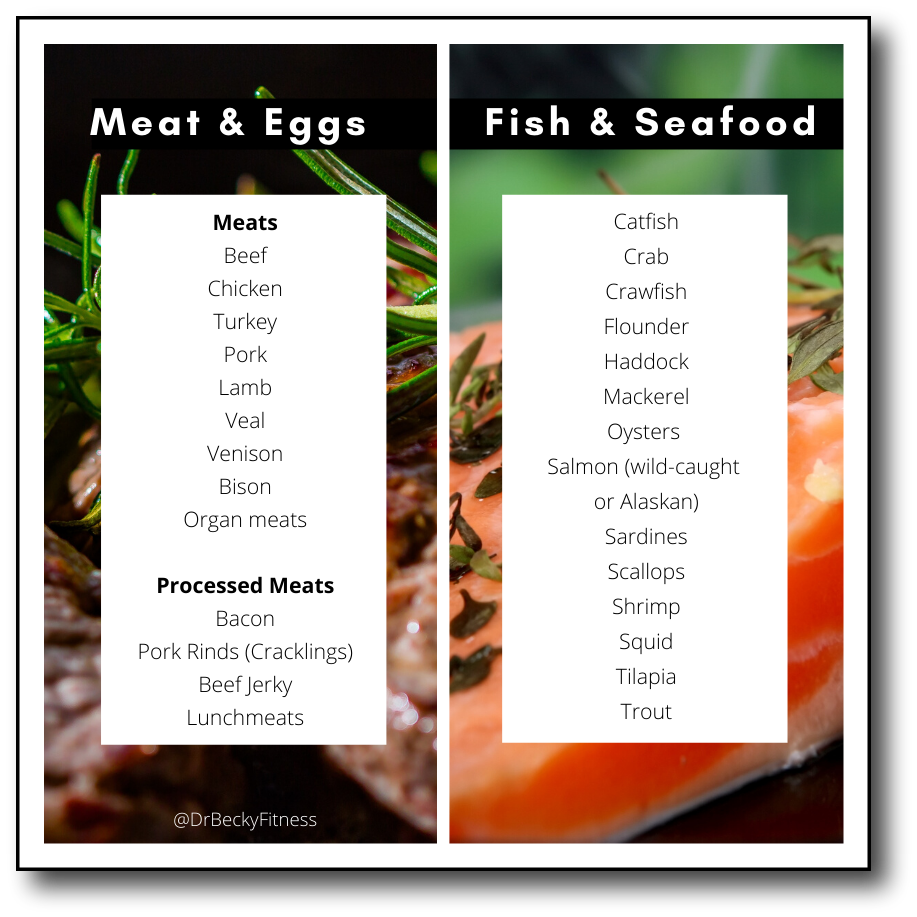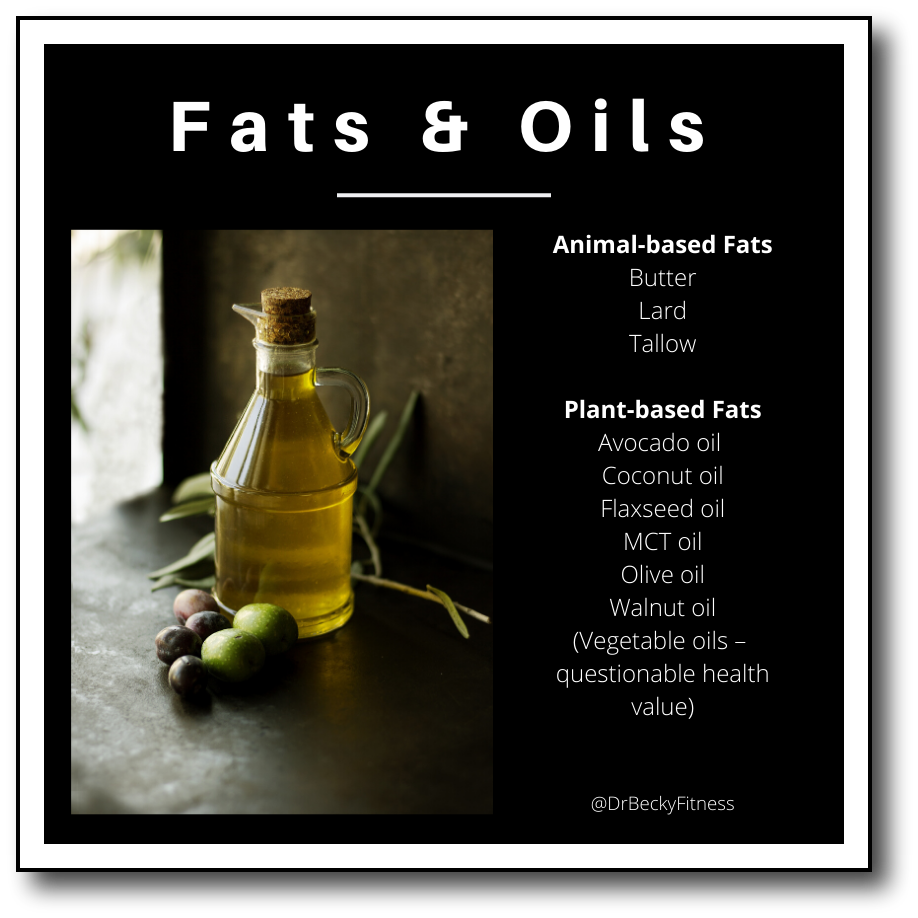Embarking on a low-carb diet presents a promising path to achieving personal health goals, whether it’s losing weight, stabilizing blood sugar levels, or simply adopting a healthier lifestyle. At its core, a low-carb diet involves minimizing carbohydrate intake, particularly from processed foods and sugars, while focusing on whole, nutrient-dense foods. This guide will outline what foods to incorporate into your diet, offering a diverse range of options across food categories including meats, dairy, and plant-based foods, along with practical tips to ensure you can stick to your new eating plan with ease.
Low-carb diets emphasize the importance of protein and fat sources, making meats and fish fundamental to this eating style. Opting for unprocessed meats (think beef, poultry, pork, lamb) not only reduces carb intake but also supplies essential nutrients. Fish and seafood, like wild salmon and shrimp, offer high-quality protein and omega-3 fatty acids with negligible carbs. Meanwhile, eggs serve as versatile, nutrient-packed staples that can be enjoyed in various forms, from boiled to scrambled, making them perfect for any meal of the day.

- An all-encompassing low-carb food list to kickstart your diet journey. Source: @beckygillaspy – drbeckyfitness.com
When diving into the dairy section, it’s crucial to select high-fat options to stay within low-carb guidelines. Full-fat yogurts, heavy cream, and cheeses are preferable, as they typically contain fewer carbs than their low-fat or fat-free counterparts. Such dairy products also tend to be more satisfying, helping to curb hunger and prevent overeating. It’s advisable to read labels carefully, though, as some dairy items can have added sugars which increase their carbohydrate content.

- Explore meat, eggs, fish, and seafood options for your low-carb diet. Source: @beckygillaspy – drbeckyfitness.com
Moving on to fats and oils, this category is essential for cooking and dressing low-carb dishes. Healthy fats from avocados, extra-virgin olive oil, and coconut oil are not only flavorful but also beneficial for heart health. However, it’s important to steer clear of hydrogenated or highly processed vegetable oils, which can be harmful over time. Integrating a variety of fats into your diet can enhance flavor and nutrient absorption, making meals both delicious and nutritious.

- Incorporate healthy fats and oils to balance your low-carb diet. Source: @beckygillaspy – drbeckyfitness.com
Plant-based foods, like vegetables, nuts, and seeds, play a pivotal role in a low-carb diet by providing fiber, vitamins, and minerals. Leafy greens and non-starchy vegetables such as broccoli and cauliflower should make up the bulk of your plant intake, offering a wealth of nutrients with minimal carbs. Nuts and seeds, including almonds, walnuts, and flaxseeds, add crunch and nutrition to meals but should be consumed in moderation due to their calorie density.

- Enhance your meals with calorie-free plant-based options. Source: @beckygillaspy – drbeckyfitness.com
Add variety to your low-carb diet by incorporating low-carb fruits and treats like avocado, berries, and even dark chocolate (70% cacao or higher). These can satisfy sweet cravings and provide additional antioxidants and fiber. Be mindful of portions, though, as it’s easy to overconsume these delicious options.
To follow a low-carb diet successfully, start by familiarizing yourself with food labels to distinguish low-carb options from high-carb culprits. Planning meals ahead and cooking at home can also make it easier to control portions and ingredients. Importantly, don’t forget to hydrate and adjust your salt intake to compensate for any initial water loss that accompanies a reduction in carbs.
If you’re considering a low-carb lifestyle, remember it’s about finding what works best for your body and preferences. There’s a wealth of resources available, including comprehensive food lists and nutrition tracking apps, to support your journey. For a deeper dive and more personalized advice, consider consulting a healthcare professional or a dietitian who can tailor recommendations to your needs.
Dr. Becky Gillaspy, DC, with her extensive background in health education and a personal commitment to wellness, offers insight and guidance through her writing. By following this beginner’s guide to low-carb eating, you’re taking a significant step towards a healthier, more vibrant you. Ready to transform your eating habits? Download your detailed low-carb food list today and start your journey to a healthier lifestyle.
